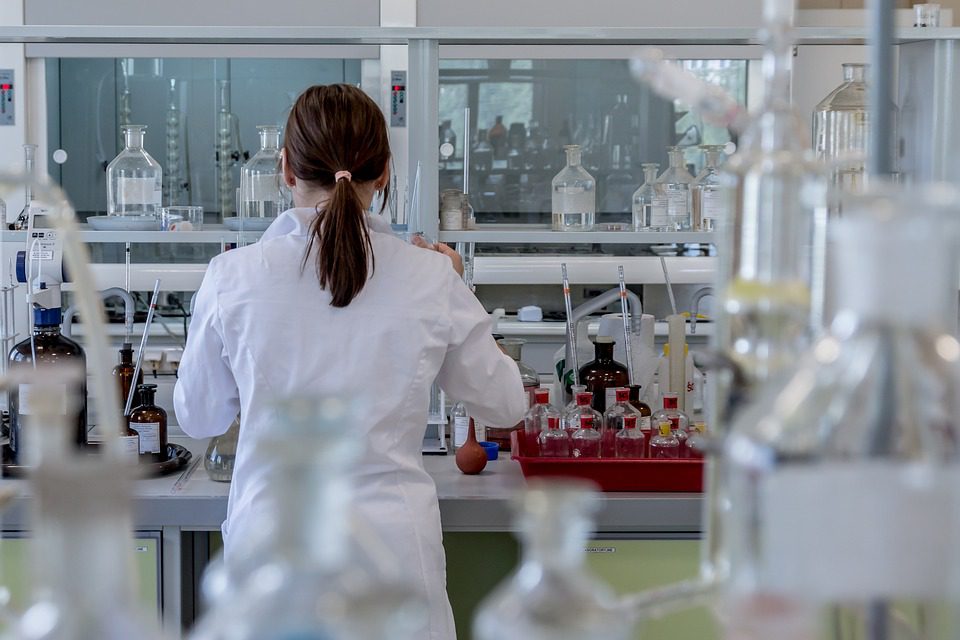New research from the University of British Columbia Okanagan sheds insight on how sunlight might be utilized to clean surfaces at home or in the office.
The COVID-19 epidemic has heightened worries about how buildings may affect the health of those who live and work in them.
Although ventilation, cleaning, and filtration have received considerable attention, the value of sunshine has gone unnoticed until recently.
According to the UBCO study, sunshine streaming through smart windows disinfects surfaces nearly entirely within 24 hours while limiting dangerous UV radiation.
Dr. Sepideh Pakpour, an assistant professor at UBCO’s School of Engineering, used a mini-living lab to test four kinds of dangerous bacteria: methicillin-resistant Staphylococcus aureus, Klebsiella pneumonia, E. coli, and Pseudomonas aeruginosa.
The experiment employed smart windows, which tint dependent on the amount of light outside and standard windows with blinds.
Dr. Pakpour discovered that, when compared to windows with blinds, smart windows considerably lower the rate of bacterial development.
The smart windows prevented more than 99.9% of UV radiation while still allowing inside short-wavelength, high-energy sunshine, which functions as a disinfectant.
This lower wavelength light successfully removed contaminants from glass, plastic, and textile surfaces.
Traditional window blinds restrict sunshine, making it impossible to sanitize surfaces.
Dr. Pakpour said that a prior study has shown that 92% of hospital curtains may become infected after a week of being cleaned.
“We know that daylight kills bacteria and fungi,” she says. “But the question is, are there ways to harness that benefit in buildings, while still protecting us from glare and UV radiation? Our findings demonstrate the benefits of smart windows for disinfection, and have implications for infectious disease transmission in laboratories, healthcare facilities and the buildings in which we live and work.”
Smart Windows may Safely Bring Workers Back After Covid Isolation
According to a Harvard Business Review survey, natural light and landscapes are among the most desired qualities by possible workers.
Employers may benefit from installing smart windows if there is a drive for “healthy buildings” as part of the COVID-19 return to work.
Dr. Rao Mulpuri, Chairman and CEO of View, the firm collaborating with UBC on this project, said that buildings must move beyond sustainable and smart to become healthy and secure places first and foremost, adding that companies are wrestling with how to get their employees back to work in a safe manner. This study adds to the case for expanded access to natural light.
Pathogenic bacteria and fungus have been found in studies to persist on inert surfaces for extended periods, potentially leading to disease transmission.
With the rise of antimicrobial resistance, antibiotics are no longer a silver bullet in treating health-care-associated infections, which cause tens of thousands of deaths in the United States each year, as stated by Dr. Tex Kissoon, Vice-Chair of the Global Sepsis Alliance and UBC Children’s Hospital Endowed Chair in Acute and Critical Care for Global Child Health.
He added that the potential for sunshine to sterilize surfaces and eliminate these illnesses is exciting and should be considered in healthcare facility design.
Dr. Pakpour presented her results on Wednesday at Amsterdam’s worldwide Healthy Buildings Conference.
She stated that the results indicate the advantages of smart windows for disinfection and have implications for infectious disease transmission in labs, health care institutions, and the buildings in which we live and work.










Leave a Reply